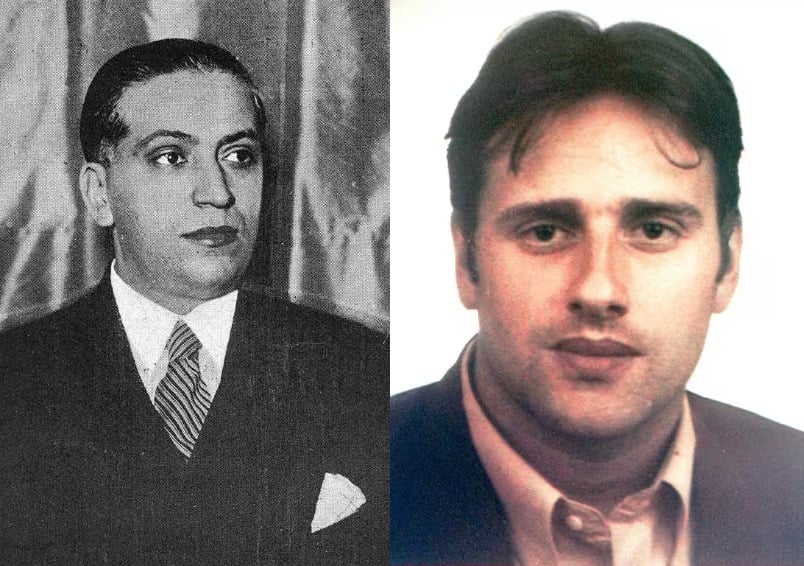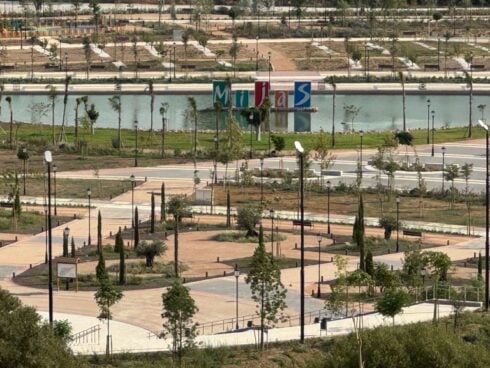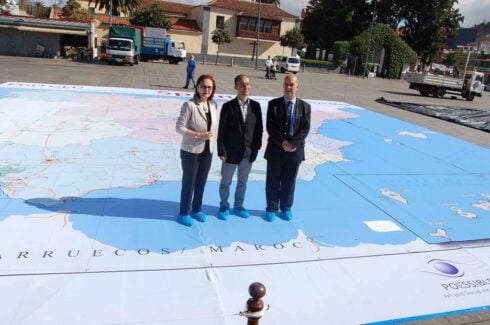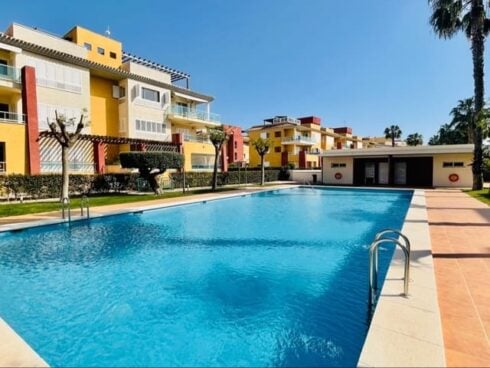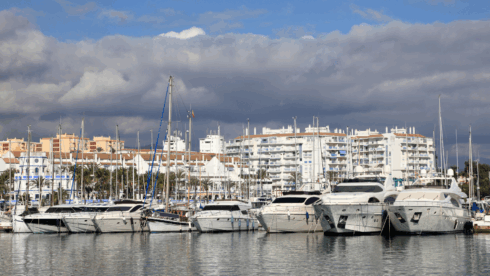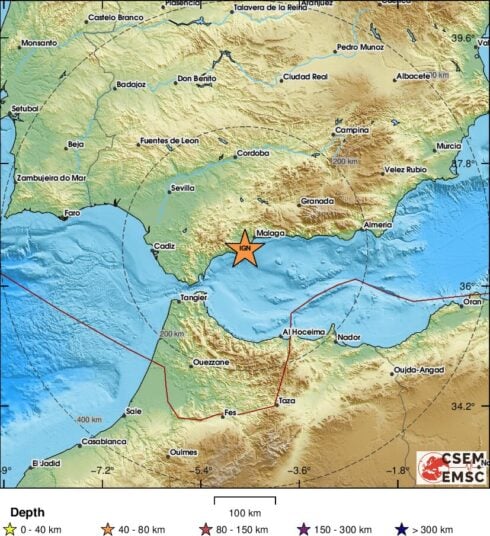IN recent Spanish history, there have been a lot of assassinations. The date July 13 is associated with two of the most egregious of them.
The collapse of a society doesn’t come out of the blue. It happens gradually, by small increments.
We’re seeing the process at work in the USA today, though (hopefully) it will not go all the way. Two sides form up, two mutually-hostile political groupings use stronger and more reckless language.
The hatred becomes more and more intense, until assassinations start. With each killing, the emotion and sense of outrage grows stronger, until general violence erupts onto the streets.
In the summer of 1936, political assassination had become almost routine in Spain. The central government was weak and ineffective.
Millions of poor workers, both in factories and on the land, had heard about Socialism and wanted to give it a try. Their rationale was, “we are working long hours, but we can’t feed our families: what have we got to lose?”
Against them, there were millions of ‘traditionalists’. Spain was a Catholic country, with an aristocratic class which owned most of the land. They felt a sacred duty to preserve the Old Spain of El Cid and Don Quijote.
At 10pm on July 12, 1936 (a Sunday), a group of right-wingers had gunned down José Castillo on the streets of Madrid. Castillo was a young man with Socialist leanings.
There was sure to be a reprisal, but no-one foresaw its gravity.
José Calvo Sotelo was a household name.
He was a right-wing politician who wanted to bring back the monarchy. We might almost describe him as the Nigel Farrage of 1930s Spain.
People liked him because he was straight-speaking, and his waspish comments about the Socialist leaders made ordinary Spaniards laugh.
In the early hours of July 13, a gang of Assault Guards (well-known for their leftist sympathies) arrived at his home, in a military truck. They told him to put on his street clothes.
Calvo Sotelo told his understandably nervous wife: “Don’t worry, dear. These men aren’t going to blow my brains out.”
He was wrong.
This was the age of the gangster movie. The Assault Guards took Calvo Sotelo ‘for a ride’, murdered him, and dumped his dead body on the pavement outside Madrid’s main cemetery.
This was the assassination which triggered the army uprising. The Civil War followed within days.
In 1997, the Basques of northern Spain were in turmoil.
Basques (“vascos”) are an ethnic group with ancient traditions and their own separate language. At various points in Spanish history, they have tried to break away from Madrid.
Just as the Provisional IRA had spent the 1970s and 1980s causing mayhem in Ireland and the UK because they wanted British involvement in Irish affairs to end, ETA committed kidnaps and murders in furtherance of the cause of Basque independence.
Miguel Ángel Blanco was a 29-year-old local politician. You probably know someone like Miguel Ángel Blanco – a councillor in a small town who turns up to parent-teacher meetings and garden fetes.
He thought he was going to meet a citizen of Ermua, the Basque village where he served, after receiving a phone call asking for his help.
It was a deception.
ETA lured him into a trap. Once he was their prisoner, they demanded that all Basque prisoners in Spain be moved to Bilbao. If not, they said, they would kill Blanco.
The Madrid government could not give in to blackmail. If ETA got its way on this, what would the next demand be?
ETA’s deadline expired on July 13.
Within minutes of its passing, the terrorists “executed” their young prisoner.
The massive public response (anger and outrage) convinced ETA that its political aspirations were unattainable. Violence was clearly not going to work in Spain.
Many towns and cities all over the country have laid out parks and gardens in memory of Miguel Ángel Blanco, and the anniversary of his death is marked by processions and wreath-laying.
Murder is never a good thing, but the neutral observer can’t help feeling that these two men, by their deaths, helped to make a point. Democracy is not about coercion.
Click here to read more News from The Olive Press.

